If you want to learn how to make clay at home or in your early childhood environment you first have to know what kind of clay is it that you want to make. There are many types of clay, many of which cannot be made at home or anywhere else for that matter.
There are a wide variety of recipes. Mudworks: Creative Clay, Dough, and Modeling Experiences (Bright Ideas for Learning)has a number of good recipes but, even that book does not have them all
Don’t make this recipe for clay
For many years I used this standard recipe below that is often never seemed to come out good. I giving it to you so that if you see it elsewhere you should know that is not a great recipe for play dough. Whenever we use it we have to be constantly making adjustments.
2 cups flour
1 cup salt
1 cup water
Food coloring, optional
After some research we found a much better play dough recipe which would be the one below. Below the recipe, I have an explanation of what alum is, which is one of the ingredients. DO NOT try and taste it, its pretty awful.
2 1/2 c flour
1/2 c salt
1 tbls alum
3 tbls oil
1 1/2 c hot water
food coloring
Alum powder, found in the spice section of many grocery stores. According to the National Food Safety Database, alum is as an ingredient in baking powder and is used as an agent in producing pickles and maraschino cherries.
Then there are other various play doughs and clays to try.
This one uses liquid starch which you can get in Walmart or you can get it here Sta-Flo Laundry Starch. It seems that liquid starch which I started using for paper mache, is not so easy to find. When I bought it in Walmart, I took the last 2 bottles.
This one is from entertainmentguide.com
Then there is this where you can make colorful clay from petitelefant.com
And then I found this on Pinterest that only had this image on it without a link to the site that you can try.
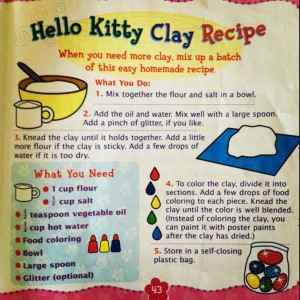
Here is another play dough recipe, a vinegar play dough recipe that you may want to try.
3 c flour
1 c salt
1 c water
1/4 vegetable oil
2 tbl vinegar
Mix together and add more water if too dry. Knead and then store in a plastic bag in the refrigerator.
Homemade air dry clay
There are a number of recipes that around for this but, the basic idea of making air dry clay is to combine glue with cornstarch. If you are the type that does not follow recipes so carefully then you can do some experimenting with the amounts of cornstarch to glue. It has to be kneaded for a while after mixed together. If you want a real recipe then you may want to try the one below
3 c water
2 c cornstarch
4 c baking soda
The image below from growing a jeweled rose has similar steps
Cook slowly and add water to mixture slowly. When dough is all ready, put on cookie sheet and cover with wet cloth. After it cools down knead well.
How to make goop without borax
If you want the kids to have a real mushy, gooey, sensory experience you may want to try making goop with them. Many recipes use borax for goop but, here is one you can make without borax.
Heat up
2 c salt
2/3 c water
after heated add quickly
1 c cornstarch
1/2 c cold water
Cook until goopy
How to harden clay
The best way to harden clay is to leave it out. Depending on how thin or thick the objects you made are will determine how long this will take. If you need to make it harden quicker then put it in the oven at 350 degrees.
If you want store bought clay, clays like Sculpey Polymer Clay or Fimo Soft Clay
that are used for polymer clay projects are made with secret ingredients in their factories and there is no way to replicate the recipes at home.
The gray clay (or red or white) that is more like earthenware clay is taken from the ground so you can’t make that either. Sometimes people may be looking to make air dry clay, but it is stuff that comes out of the ground and has to be bought. (or dug out)
Plasticine is not usually something that anyone would want to make on their own as it is harder and more difficult to use. When someone asks “how do you make clay” they are either referring to a classic play dough recipe that is made in many homes and early childhood classrooms. OR, they want to know how to make air dry clay.
Those are the different ways that you can have children use clay. Buy it or make it yourself.
What has been your experience?
Pin to save for later

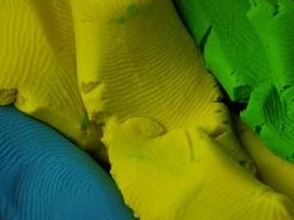
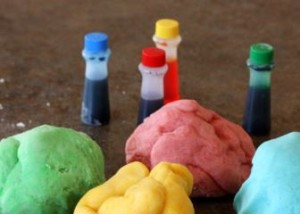
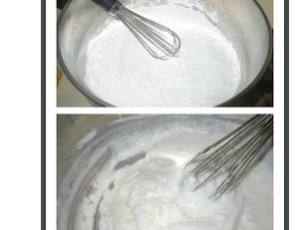
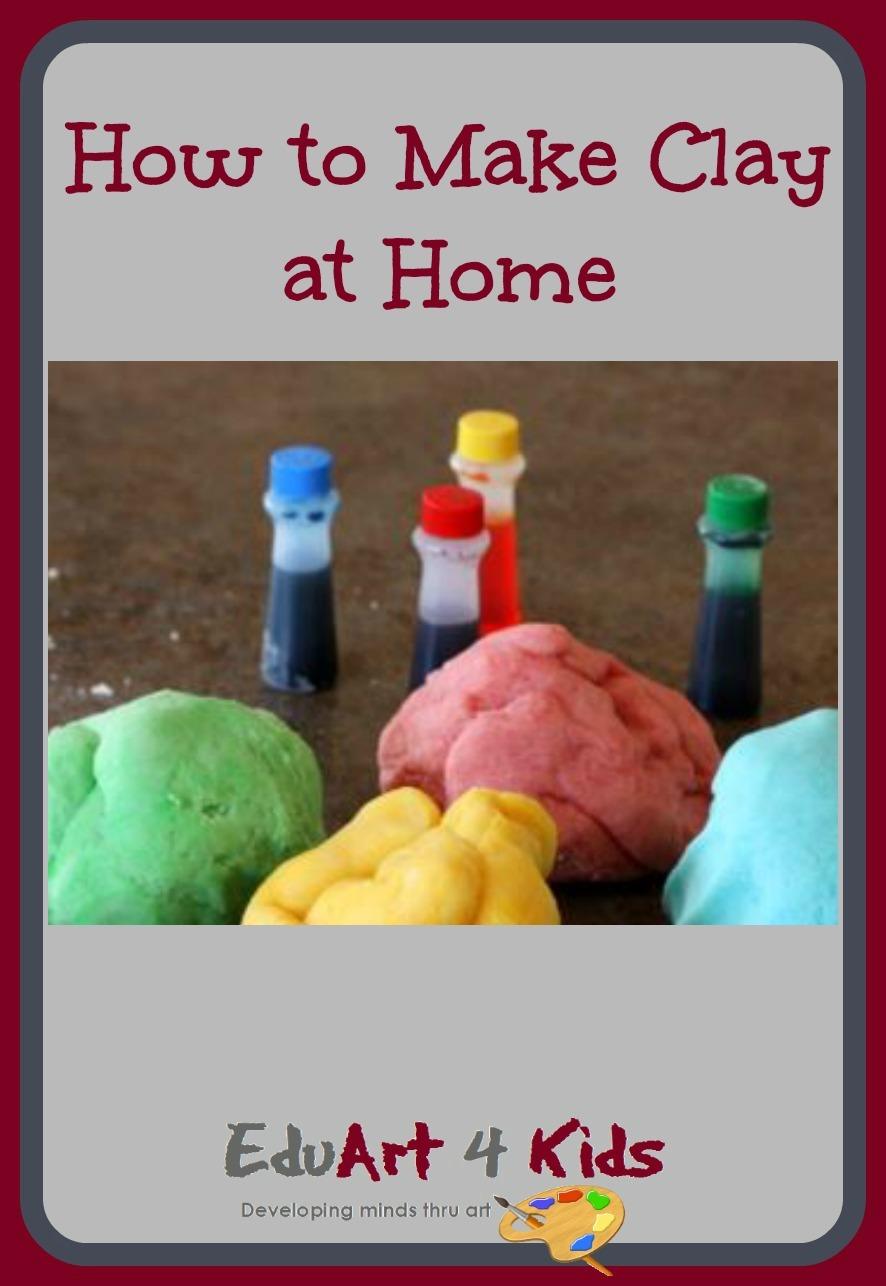
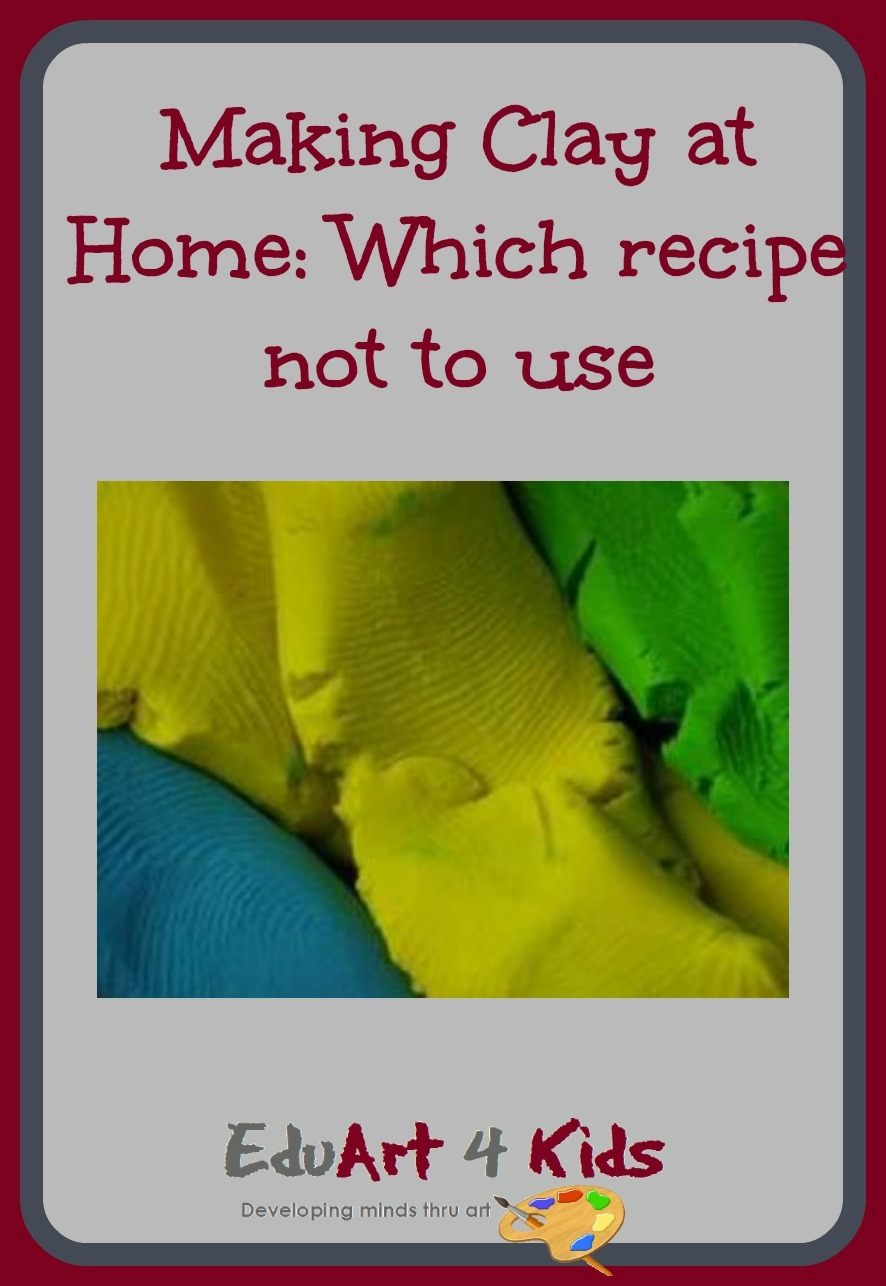


For the air dry clay is it actually 4 c (cups) of baking soda?
That’s a really good question. I have to find where I got that recipe from first to see if that was the case.I’ll get back to you after I find it, thanks for pointing it out to me.
Ok I found the place that I got it from and it seems that it does require that much baking soda. Let me know how it turns out
this says play dough so many time when its under modeling clay so what is it regular play dough or modeling clay as i need a recipe for modeling clay
You’re right Jessica, I do tend to interchange the clays. For the homemade stuff its more of a playdough consistency then like a store bought modelling claay
The clay using cornstarch doesn’t work for me, the one using Alum however does. I need to find a recipe that gets hard, for leaving out doors. Do you know of any? Thanks.